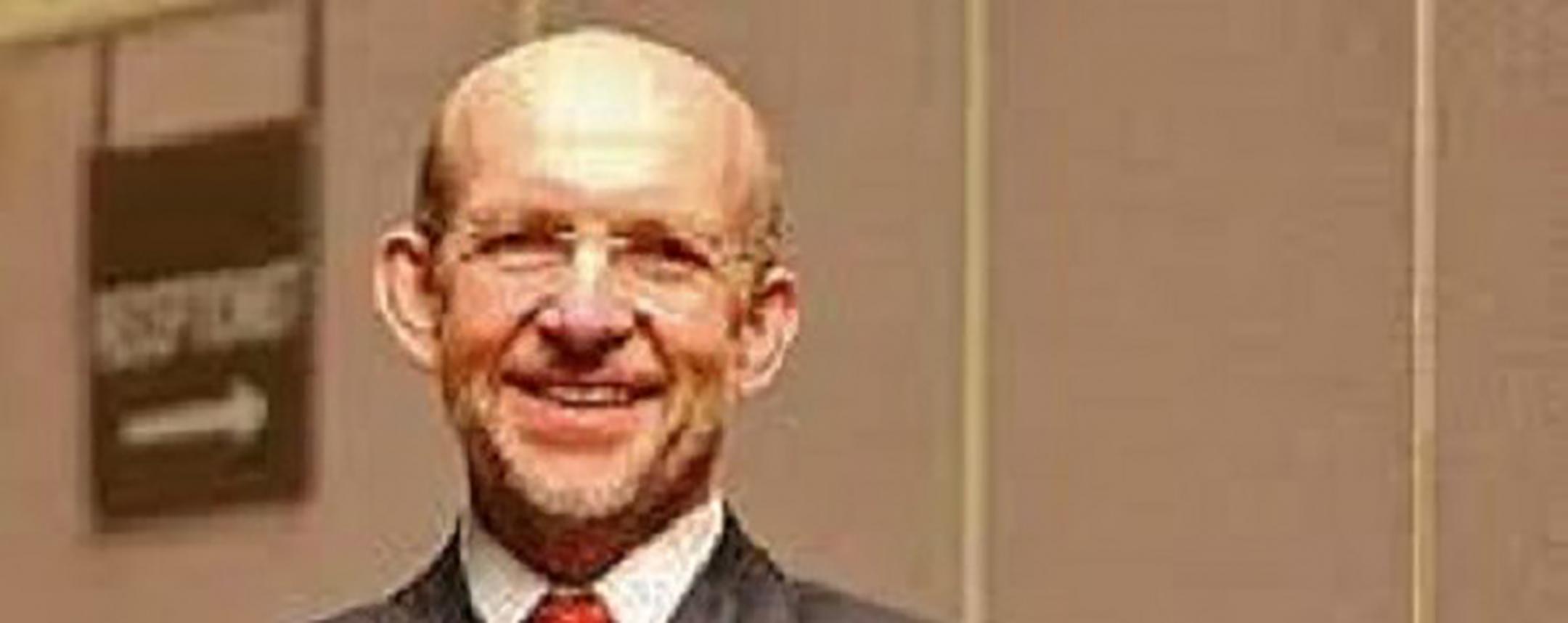Confronted with a bill that proposes modest limits to the practice of compelling workers to fund union activities even when they disagree with the union and decline to join, Washington state labor leaders on Monday expressed surprise that anyone would consider this a problem.
“It’s a solution in search of a problem,” said Jeff Johnson, president of the Washington State Labor Council. “The system we have in place now works very well and doesn’t need to be changed.”
“I’m not sure why we’re trying to fix something that isn’t broken,” agreed Greg Devereaux, executive Director of the Washington Federation of State Employees.
Both were in Olympia to testify in opposition to bill being debated in the Senate Labor an Commerce Committee.
Authored by Sen. Jim Honeyford (R-Sunnyside), Senate Bill 6053 recognizes that employees are not required to physically join a union in order to work for the state. But even if he or she chooses to opt out, the worker must pay an amount of money equivalent to the agency shop fee required by the union security agreement, or a lesser amount agreed to by the parties, to a nonreligious charity or a charity agreed upon by the employee and the bargaining representative.
SB-6053 wouldn’t do away with the requirement to pay the union one way or another, but it would eliminate the need for workers to renew their non-participation preference yearly and assume until told differently that an employee who opted out last year also wants to opt out this year.
“I know when I was a member of a labor union, I didn’t want my dues money paying for union political activities,, so I opted out,” Honeyford said. “But I had to reapply every year. And if I forgot, the assumption was that I wanted to be a regular dues-paying member, which I didn’t.”
“Collective bargaining costs money,” Devereaux said, “and even those who don’t want to participate in the union benefit from the bargaining it does. We’re simply asking that everyone share the cost of something they benefit from.”
Devereaux said he didn’t understand why unions were being singled out for scrutiny when no one was questioning the rate structure of other voluntary organizations, like the Association of Washington Business.
“As far as I know, the AWB an other membership organizations don’t have payroll deductions to pay their dues,” said Sen. John Braun (R-Chehalis). “Participation in those groups is voluntary.”
“Membership in a labor union is voluntary, as well,” Devereaux insisted. “Thousands of individuals choose not to join the union and pay representation fees instead.”
“But even if they choose not to, they still have to pay a representation fee,” said Committee Co-Chair Janea Holmquist Newbry (R-Wenatchee). “That’s not voluntary, it’s mandatory.”
“This bill is a good first step along the principle that an employee should control their own paycheck and where that paycheck goes,” said Dennis Redmond, representing Free Conscience, a Tacoma-based workplace watchdog group.
“Employees have had a break of faith with state government,” he said. “It’s pretty clear that the state and the union want us to pay union dues. It’s not at all clear that the employee’s rights have been honored in this process.”
Maxford Nelsen, a labor policy analyst with the Olympia-based Freedom Foundation, said SB-6053 would address three distinct problems with the current workplace arrangement:
• many workers aren’t aware they have the right to opt out;
• many unions require those who do opt out to renew their preference every year; and,
• workers who opt out for religious reasons are still required to pay the full equivalent of union dues when they should only be charged a fee for representation.
“State law grants what amounts to limited legal monopolies on workplace representation to unions representing public employees in Washington,” Nelsen said. “But a substantial portion of union dues go to support activities and expenses having nothing to do with workplace representation.
“SB-6053,” he said, “is an important first step in protecting the rights of workers represented by unions as a condition of employment.”











